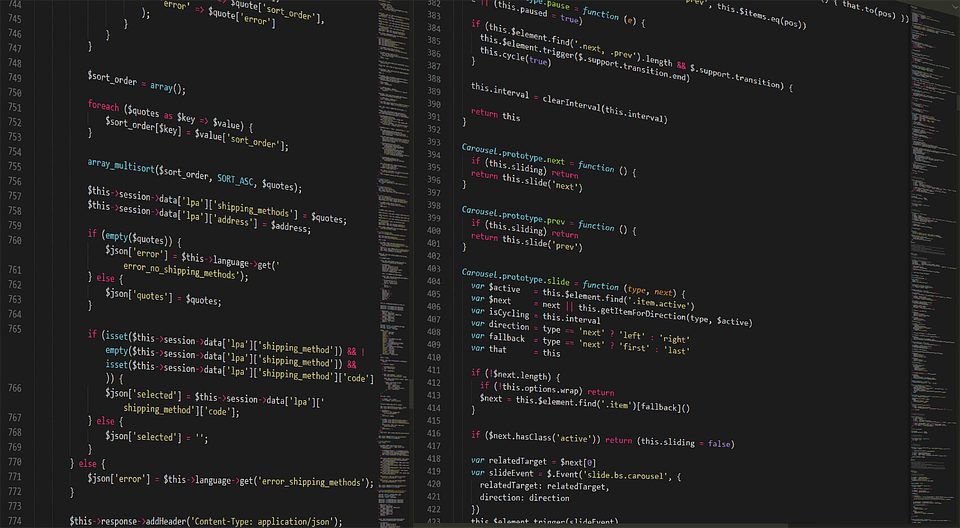Sustainable Development: An Overview
Sustainable development is a concept that has gained significant traction in recent years, as societies around the world grapple with the environmental, social, and economic challenges posed by rapid industrialization and population growth. The United Nations defines sustainable development as development that meets the needs of the present without compromising the ability of future generations to meet their own needs.
One of the key principles of sustainable development is the idea that economic growth must be balanced with environmental protection and social inclusivity. In other words, a society cannot achieve true sustainable development if it is depleting its natural resources, polluting its environment, or leaving significant segments of its population behind.
Economic Implications of Sustainable Development
1. Long-term Economic Stability
One of the key economic implications of sustainable development is the long-term stability it can bring to an economy. By ensuring that resources are used efficiently and that environmental degradation is minimized, societies can avoid the negative economic consequences of resource scarcity, ecosystem collapse, and climate change. This can help to create a more stable and resilient economy that can withstand shocks and external pressures more effectively.
2. Innovation and Job Creation
Sustainable development also fosters innovation and job creation. As societies seek to transition to more sustainable forms of energy, transportation, and agriculture, new industries and technologies are being developed that can create jobs and drive economic growth. For example, the renewable energy sector has seen significant growth in recent years, creating millions of jobs worldwide. Similarly, sustainable agriculture practices are not only more environmentally friendly but can also be more profitable in the long run.
3. Cost Savings and Efficiency
Another economic benefit of sustainable development is the potential for cost savings and increased efficiency. By using resources more efficiently, societies can reduce waste and maximize the value they get from their inputs. This can lead to lower production costs, increased productivity, and higher profits for businesses. For example, implementing energy-efficient practices in manufacturing can reduce energy costs and make businesses more competitive in the long run.
4. Increased Resilience to External Shocks
Sustainable development can also increase the resilience of economies to external shocks and crises. By diversifying energy sources, reducing dependence on finite resources, and improving infrastructure resilience, societies can better withstand natural disasters, economic downturns, and other unforeseen events. This can help to prevent significant economic disruptions and mitigate the impacts of such events on society as a whole.
Challenges to Sustainable Development
While the economic benefits of sustainable development are clear, there are also significant challenges to implementing sustainable practices on a large scale. One of the key challenges is the status quo bias, where businesses and policymakers are reluctant to change established practices and systems, even if the long-term benefits of sustainability are clear.
Another challenge is the lack of appropriate incentives and regulations to promote sustainable practices. In many cases, businesses may not see the immediate economic benefits of investing in sustainability, or may face disincentives such as higher upfront costs or regulatory hurdles. Governments and international institutions play a crucial role in creating the right incentives and regulations to drive sustainable development.
Conclusion
In conclusion, sustainable development has significant economic implications that can lead to long-term stability, innovation, cost savings, and increased resilience for societies around the world. By balancing economic growth with environmental protection and social inclusivity, societies can create a more sustainable and prosperous future for themselves and future generations. However, there are also significant challenges to implementing sustainable practices on a large scale, including the status quo bias and the lack of appropriate incentives and regulations. Overcoming these challenges will require collaboration between governments, businesses, and civil society to create a more sustainable and equitable world for all.
